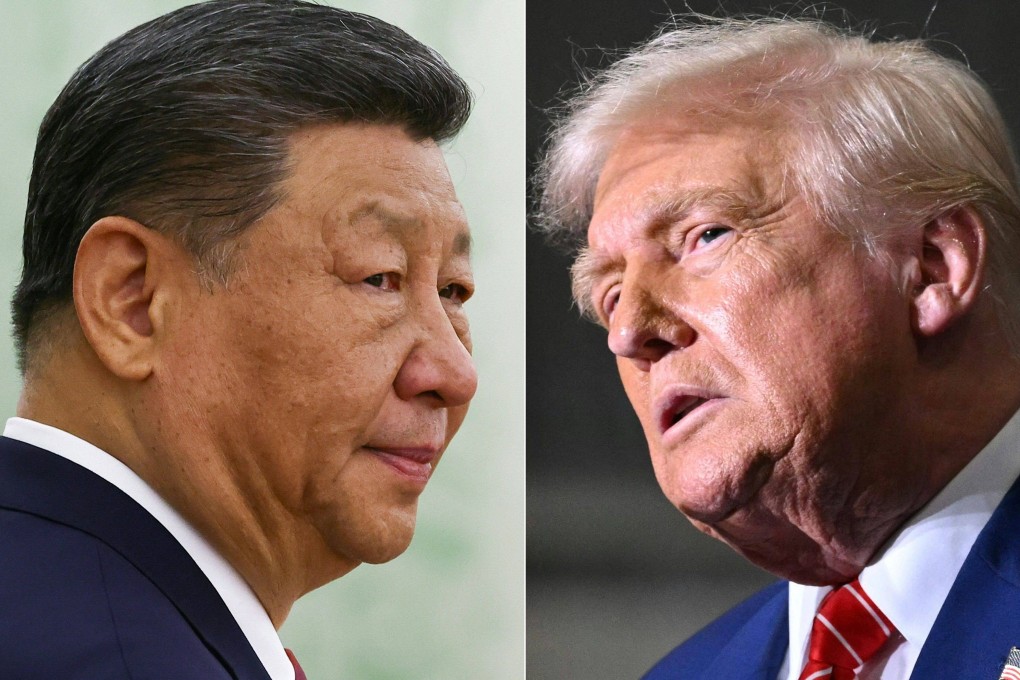Editorial | Key question remains after Xi-Trump phone call breaks stand-off
China and US still have to improve communication, clear misunderstandings and strengthen cooperation to avoid damaging global tariff war

Top-level talks amid tense stand-offs between China and the United States have the power to move markets, and often do. The excitement generated by the 90-day trade war truce agreed in Geneva last month is an example. But it is not matched by reaction to Thursday’s call between presidents Xi Jinping and Donald Trump. Though it is another welcome break in the ice that has formed over the bilateral relationship, it leaves a key question unanswered – what next, if the truce is to succeed in heading off a damaging global tariff war.
That is not to say no good at all came from the first call between the two leaders since days before Trump’s inauguration in January. The US president said on social media that Xi had invited him and America’s first lady to visit China, and he had reciprocated. The details – ceremonial and diplomatic – remain to be negotiated between officials, but a possible opportunity will be the annual Apec Economic Leaders’ Meeting to be held in Seoul in November.
Both leaders had concrete results to show for the call. Trump agreed to unblock visas for Chinese students in the US, days after the State Department said it would revoke them, and Xi agreed to resume Chinese exports of rare earth minerals, crucial to everyday civilian, strategic and military technologies. Each has dimmed prospects of more constructive dialogue and negotiation between the two sides. A number of technological bans and export controls imposed by Washington remain in place, examples of mixed messaging that does nothing to ease tensions.
The tone of the official readouts contrasted, with Trump focusing on trade issues and Xi, besides trade, emphasising the importance of the Taiwan issue and overall bilateral ties. Xi warned the US not to embolden Taiwan separatists to jeopardise China-US relations – an apparent reference to what is seen as an attempt by Taiwanese leader William Lai Ching-ti to use the US-China tariff war to gain an advantage. “Xi emphasised that the US should handle the Taiwan issue with caution,” state television said, to avoid dragging “the two countries into a dangerous situation of conflict and confrontation”.
Hopefully, the next round of trade negotiations will come sooner rather than later – not just for China and the US but for the sake of global trade. The European Union and many other markets are frustrated by the slowing of Chinese rare earth exports. China is similarly facing difficulties because of US technological bans and controls, including critical aviation technology.
Both sides must improve communication in all areas to build consensus, clear misunderstandings and strengthen cooperation. That is the best way back to the negotiating table and more positive measures than tit-for-tat bans and controls.
